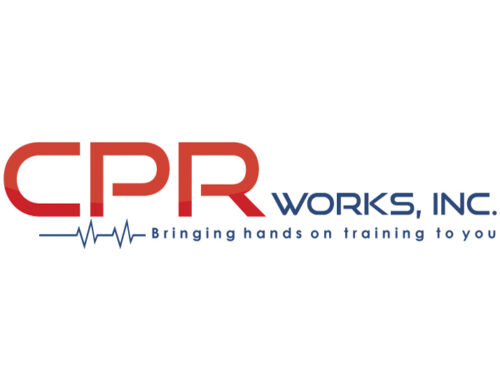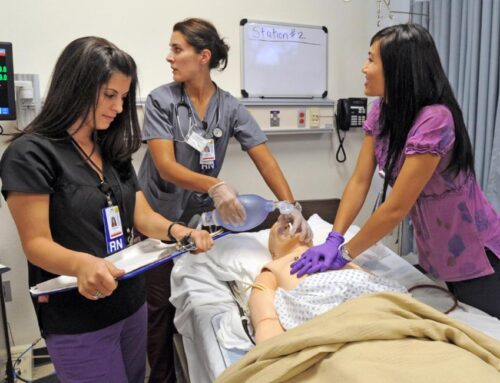CPR in Children
Cardiopulmonary resuscitation (CPR) is a very important procedure used when a child has difficulty breathing or has a heart attack. This involves delivering oxygen to the lungs and continuing cardiopulmonary resuscitation until professional medical care is provided or conditions improve.
A variety of situations may require CPR for children, including choking, suffocation, excessive bleeding, suffocation, electric shock, head trauma, or poisoning. CPR is very important because it prevents permanent brain damage and possible death due to not enough oxygen getting to the brain.
When resuscitating a baby, it is important to do so quickly and effectively. First, check the child’s breathing, diarrhea and level of consciousness. If you are not there, gently wake the child and call 911 immediately. Meanwhile, trained personnel should begin CPR within two minutes.
Chest compressions are essential during resuscitation. In babies, compression is done with both hands on the back third of the breast. Contractions should be about 30 times faster and the chest should rise fully between contractions. For older or older children, modifications can be made by using the heel of the hand or joining both hands together for extra strength.
Ventilation is given after 30 compressions. Make sure the airway is clear and open by slowly turning your head back. Observe your breathing by observing how your chest moves and listen for any sounds. If there is no obvious breathing, give five rescue breaths over one second, allowing the chest to rise with each breath.
Continue compressions and inhalations until medical help arrives or the child begins breathing independently. Always monitor the child’s condition and stop CPR immediately if there are signs of improvement such as cough, normal breathing or movement.
In summary, CPR is a powerful life-saving technique for children with respiratory or heart problems. It requires prompt action, correct technique, and ongoing evaluation until medical help is provided or the child shows signs of improvement.
- Charlotte
- Rock Hill
- Gastonia
- Concord
- Cornelius
- Monroe
- Harrisburg
- Matthews
- Mint Hill
- Fort Mill
- Indian Land
- Kannapolis
- Belmont
- Wilmington
- Jacksonville
- Shallotte
- Carolina Beach
- Surf City
- Hampstead
- Sneads Ferry
- Leland
- Southport
- Greensboro
- High Point
- Hickory
- Columbia
- Florence
- Myrtle Beach
- North Myrtle Beach
- Surfside Beach
- Myrrells Inlet
- Conway
- Ocean Isle Beach





Leave A Comment